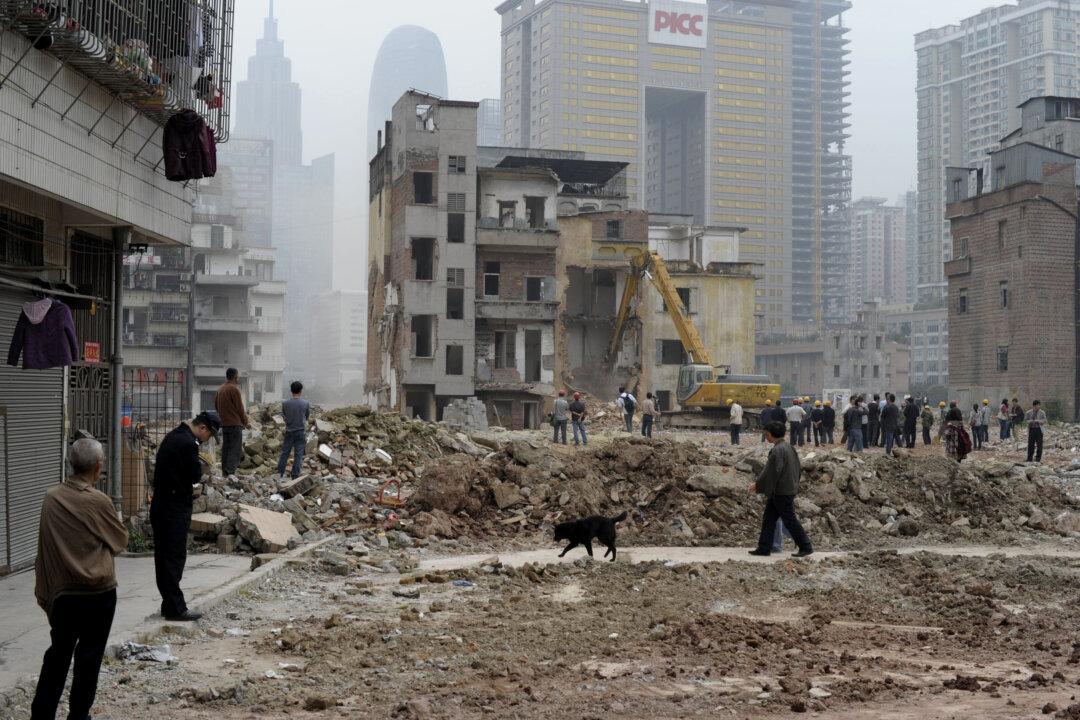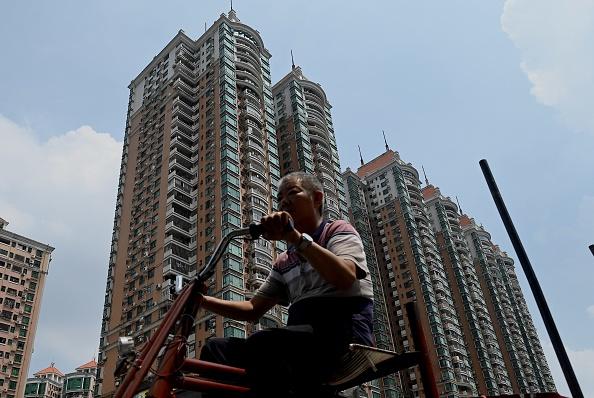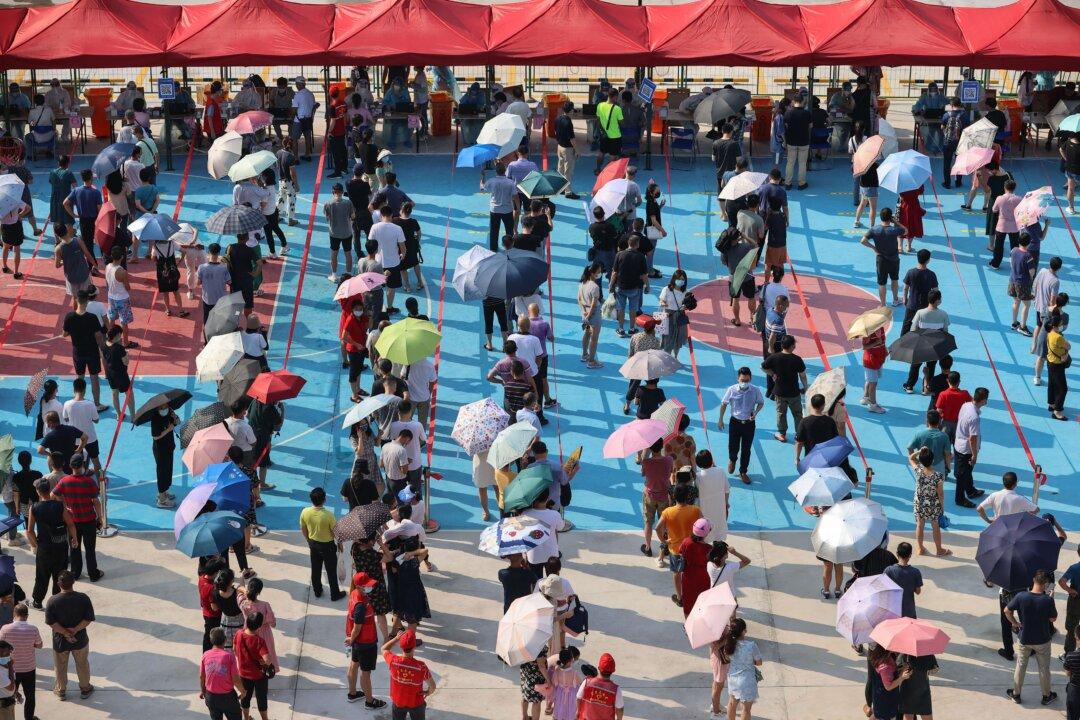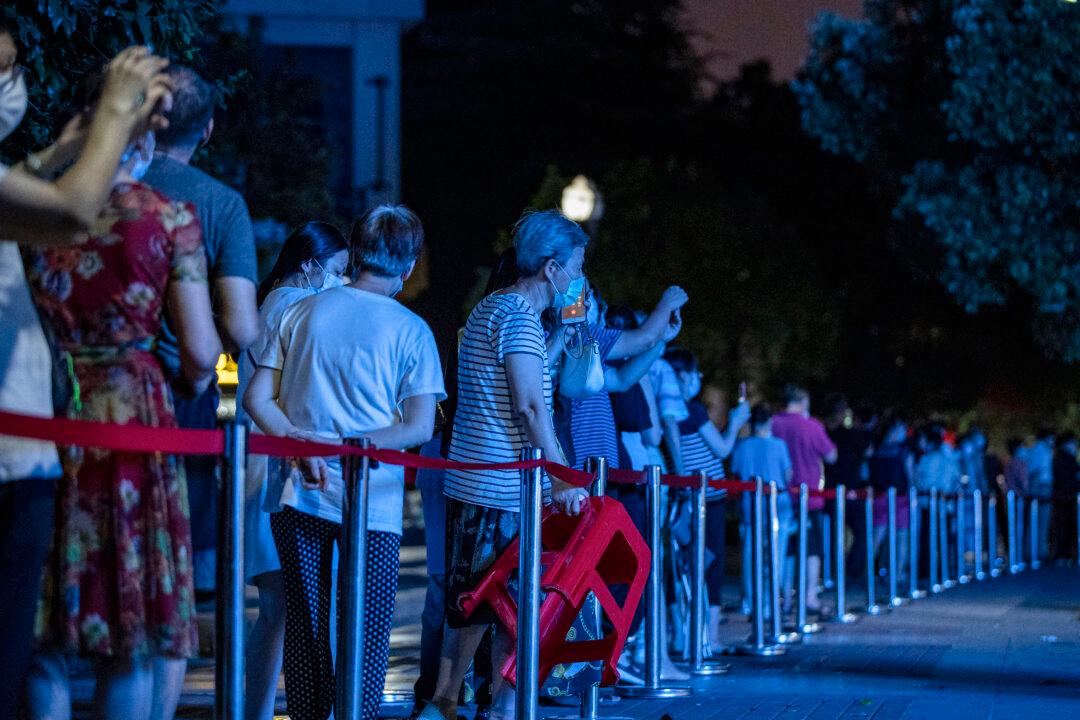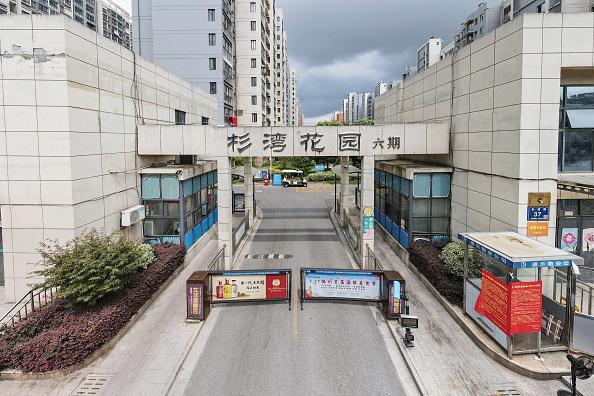A real estate business report published by Chinese social media platform Weibo on Aug. 9 revealed that the poorest city in Sichuan Province is struggling with completing many unfinished projects, leading to the waste of thousands of acres of fertile farmland and loss of billions of funds.
Bazhong in Sichuan is considered a fourth-tier city. A local developer said the city has a low-income population and suffers from underdevelopment, according to the report.
